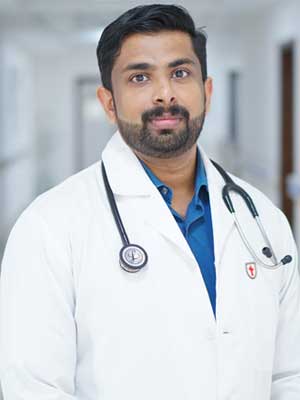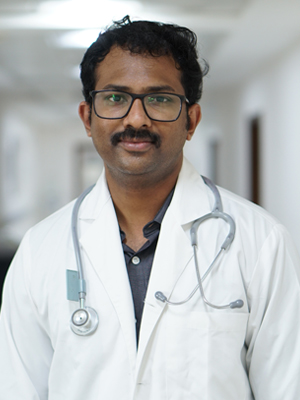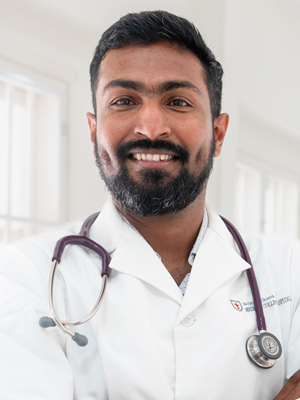Overview
The General Surgery Department is considered to be the backbone of the surgical division of the Hospital. The Department consists of four separate units functioning independently, each with outpatient consultation and operation days. Each General Surgery unit is staffed by well-trained surgeons, who are capable of treating a wide variety of surgical problems. In addition, each surgical unit has its own special areas of interest, including Breast & Endocrine Surgery, Hepato-biliary Surgery, and Gastrointestinal Surgery.
Our surgeons provide 24-hour cover for all the surgical emergencies presenting to the Emergency Department of the Hospital and are available for cross consultation from other departments both for in-patients as well as out-patients.
Services
- All major abdominal surgeries including laparoscopic surgery
- Surgery for all types of hernia, both open and laparoscopic
- Surgery for varicose veins
- Wide variety of cancer surgery
- Endocrine glands surgery
Specialists
FAQ
General surgery is a method applied by repairing the organ or cutting out the problematic organ with surgery in diseases that cannot be treated by applying drug therapy or different medical treatment methods. This department, which has a wide field of study, cooperates with departments with expertise in other fields such as oncology, endocrinology and traumatology.
Surgical procedures are operations performed by general surgeons and specialist doctors. Anesthesiologists, nurses and surgical technicians are known as part of the team.
Information about the pre- and post-operative process is conveyed to the patient by surgeons. Surgeons who perform surgeries on many different subjects, usually emergencies, treat many disorders and diseases with advanced technology.
-
Appendicitis
-
Hernias
-
Thyroidectomy
-
Obesity surgeries
-
Stomach reduction surgeries
-
Esophagus surgeries
-
Liver surgeries
-
Pancreas surgeries
-
Spleen surgeries
-
Intestine surgeries
-
Intra-abdominal mass
-
Stomach, Abdominal and Inguinal Hernias
-
Circumcision
-
Anal abscess
Laparoscopic surgery, one of the general surgery methods, is based on the principle of visualizing the abdominal organs by inserting a thin telescope through the belly button into the abdomen. Laparoscopy surgery is performed under general anesthesia.
Laparoscopic surgery, also known as "closed", "knife-less" or "bloodless surgery", allows direct observation of the disease or problem by illuminating the abdomen.
In this method, if necessary, treatment is applied with auxiliary devices inserted through 3-5 mm holes drilled at various points in the abdomen at the same time. With these devices, all of the intra-abdominal organs can be evaluated from a wider angle with magnification during the operation.
It is applied in many surgical procedures, especially in obesity treatment, gallbladder, inguinal hernia, appendicitis, reflux and stomach hernia.
















